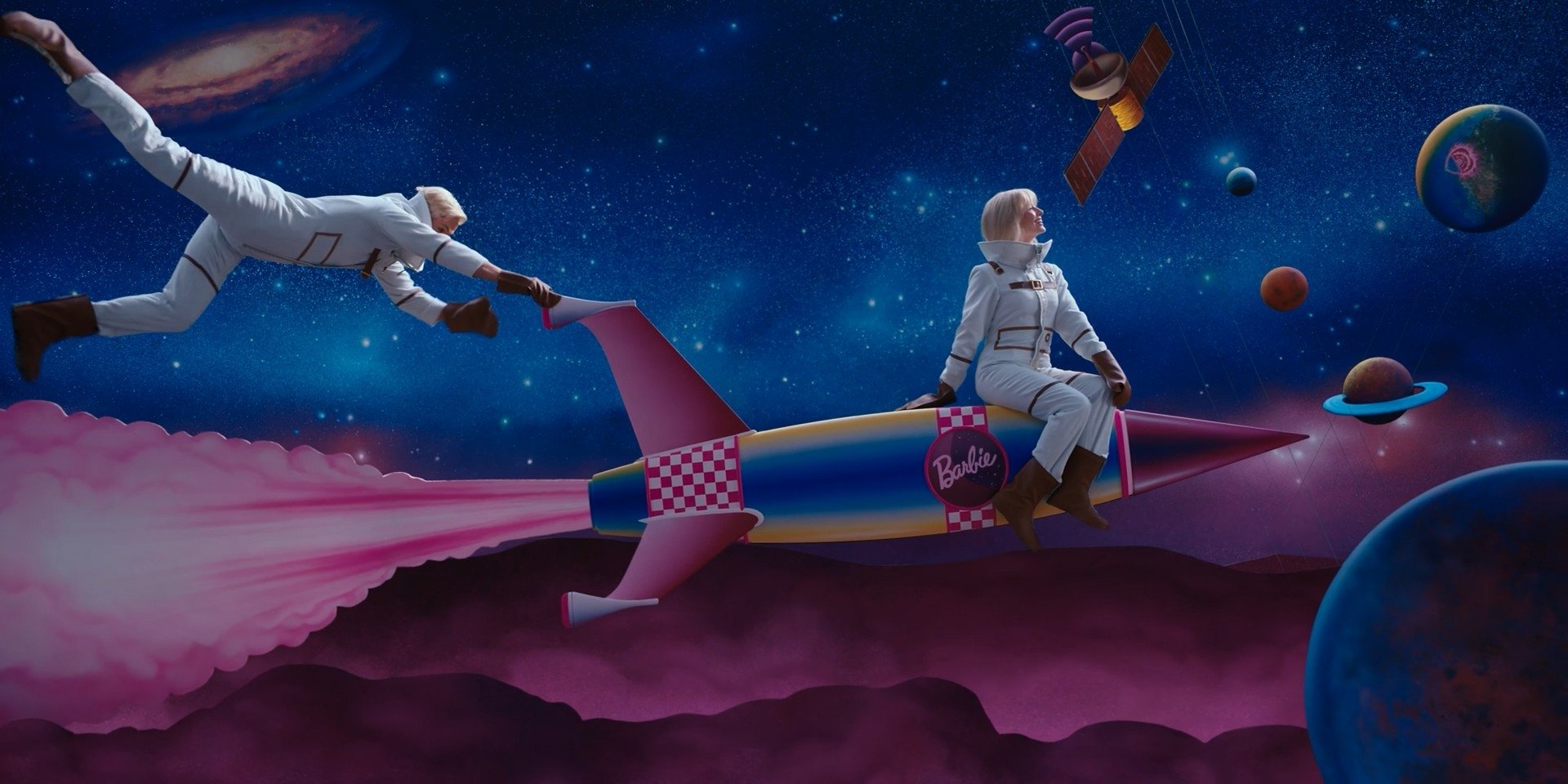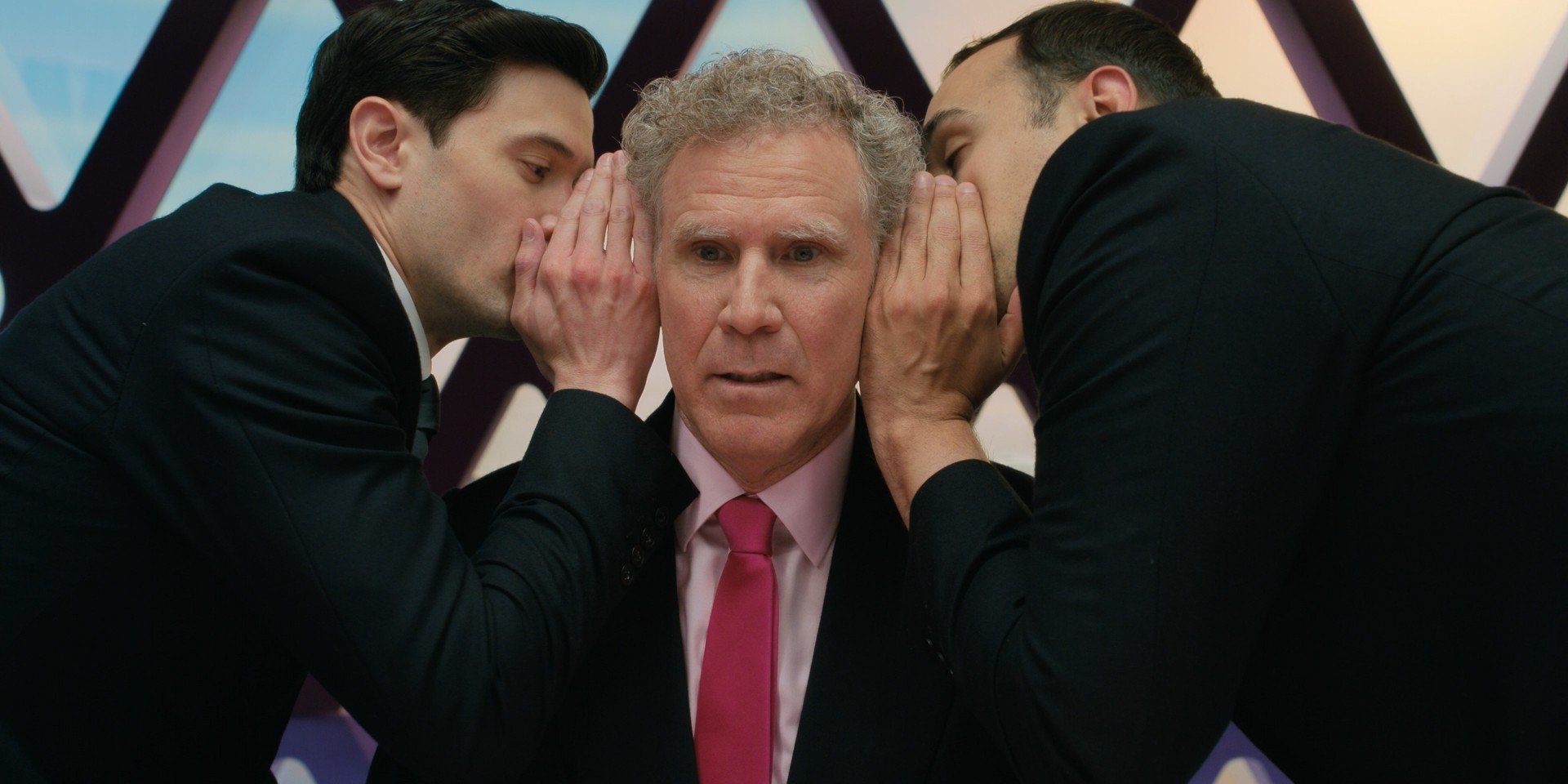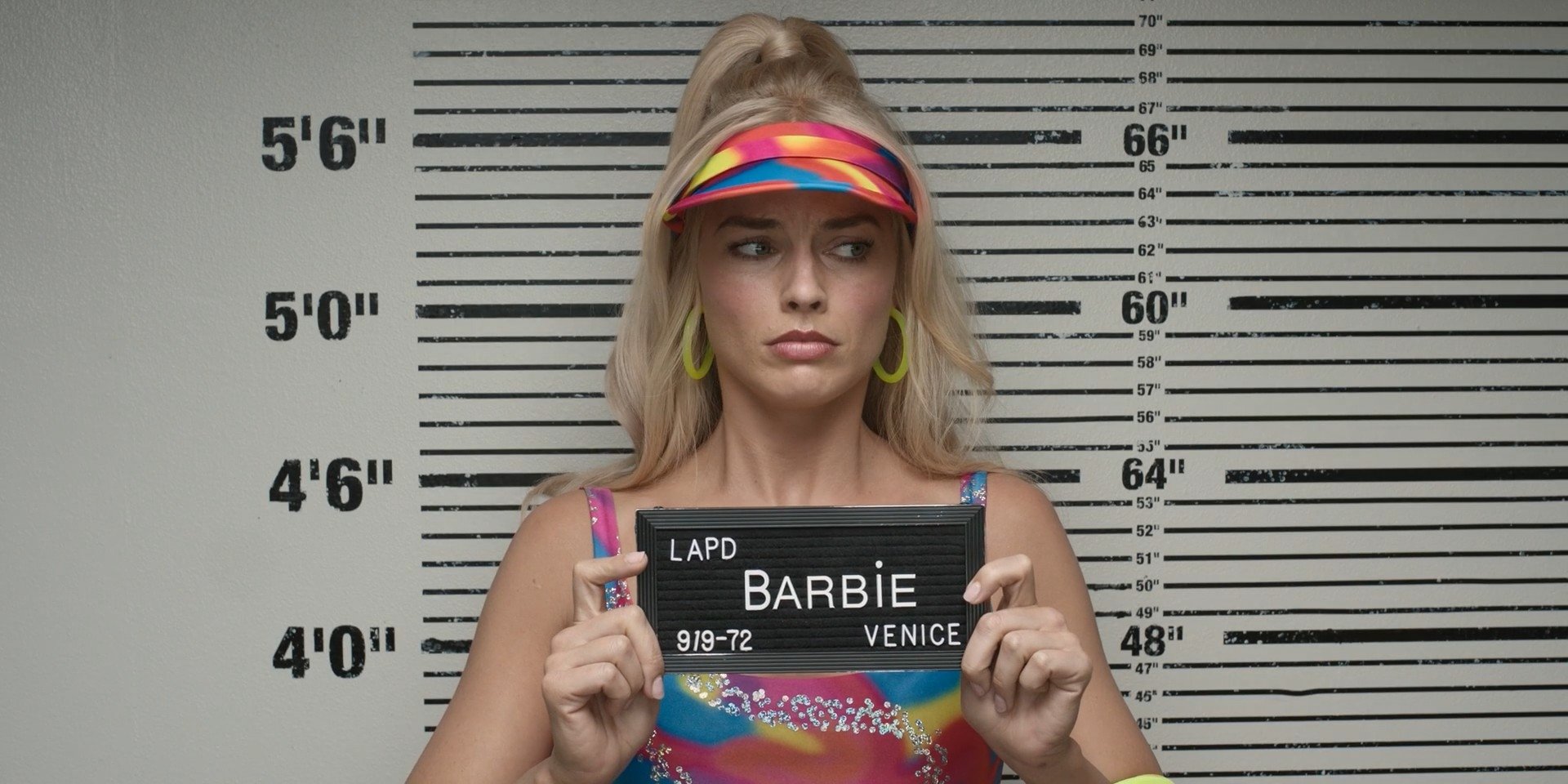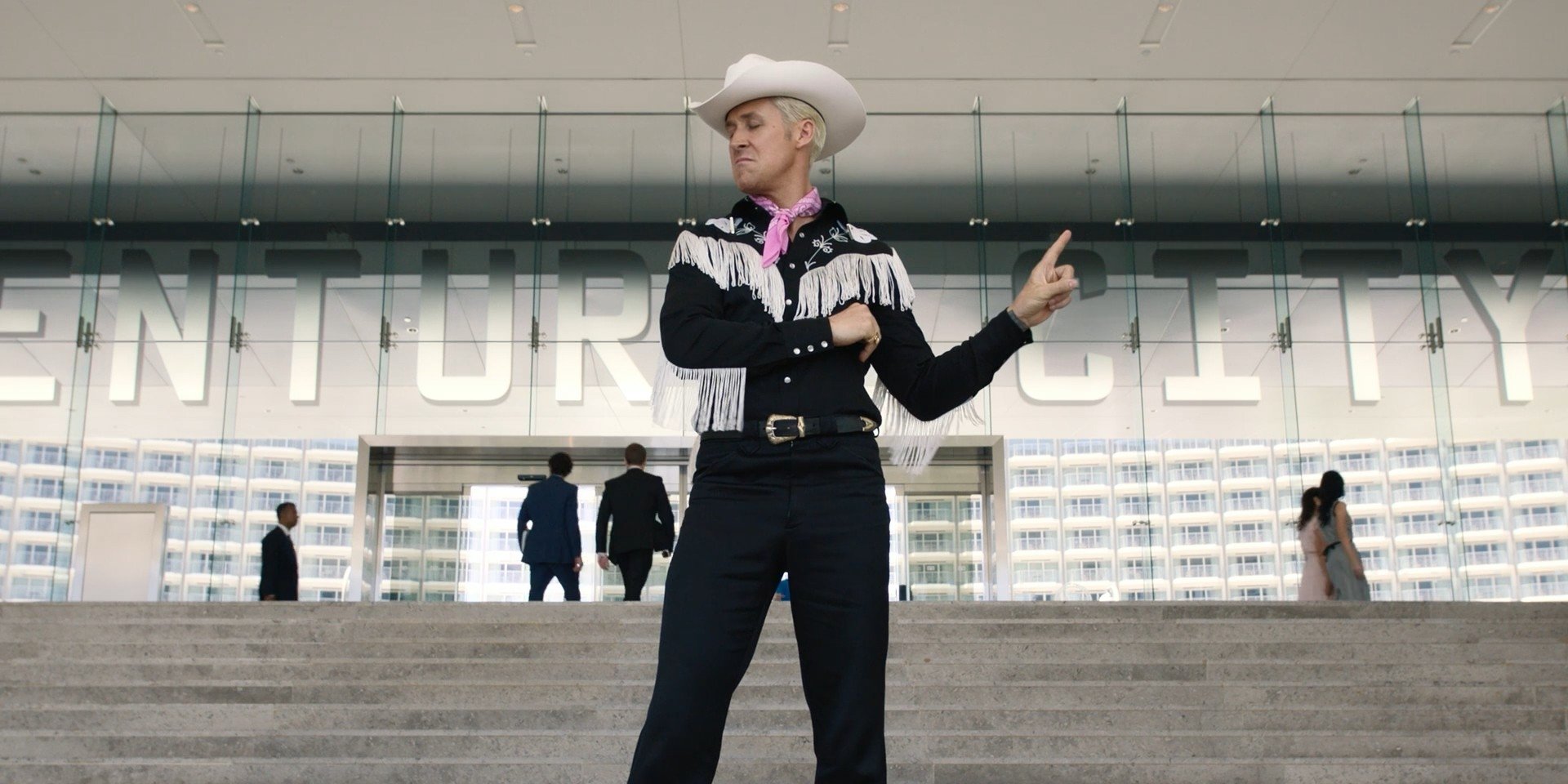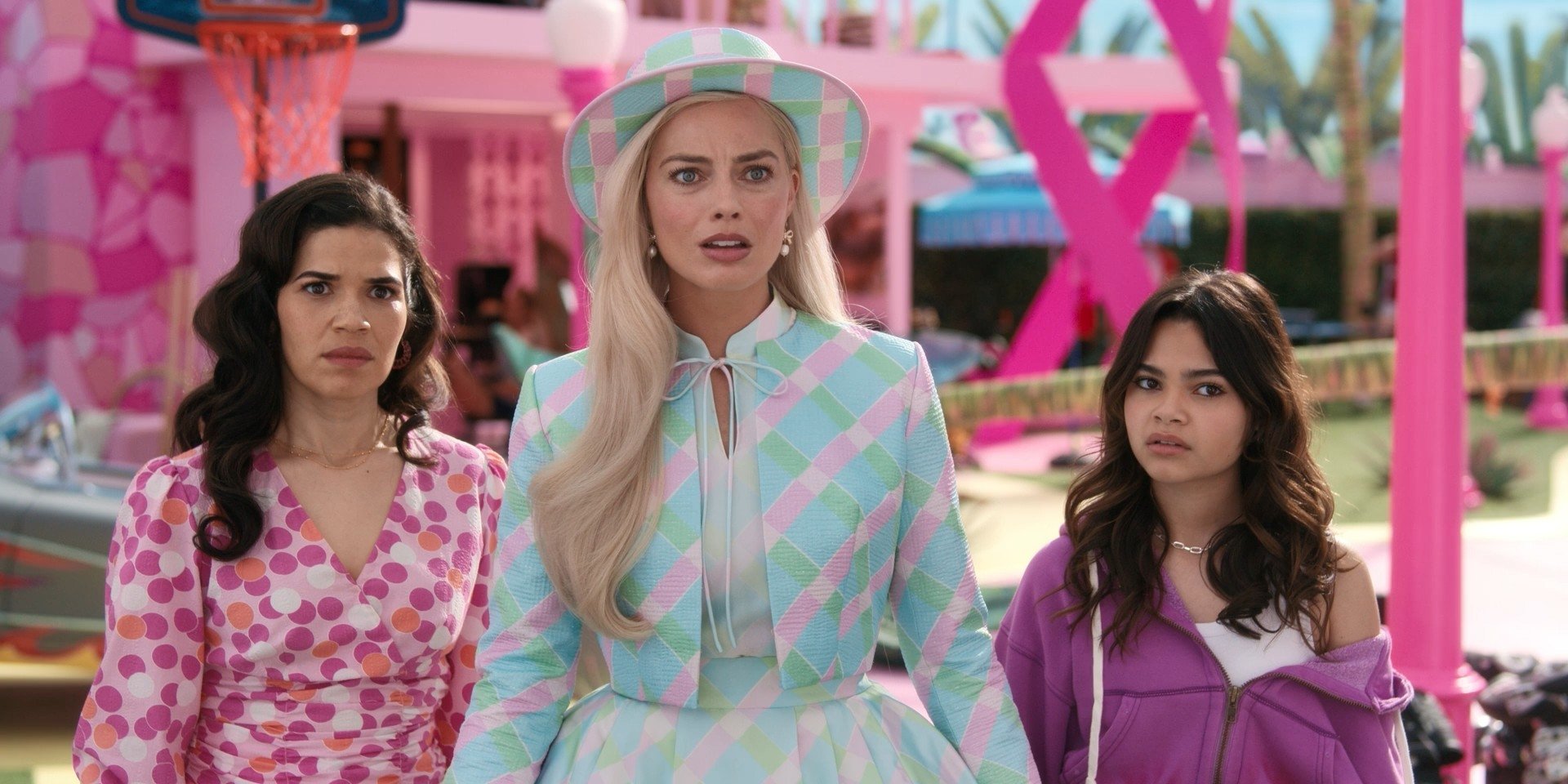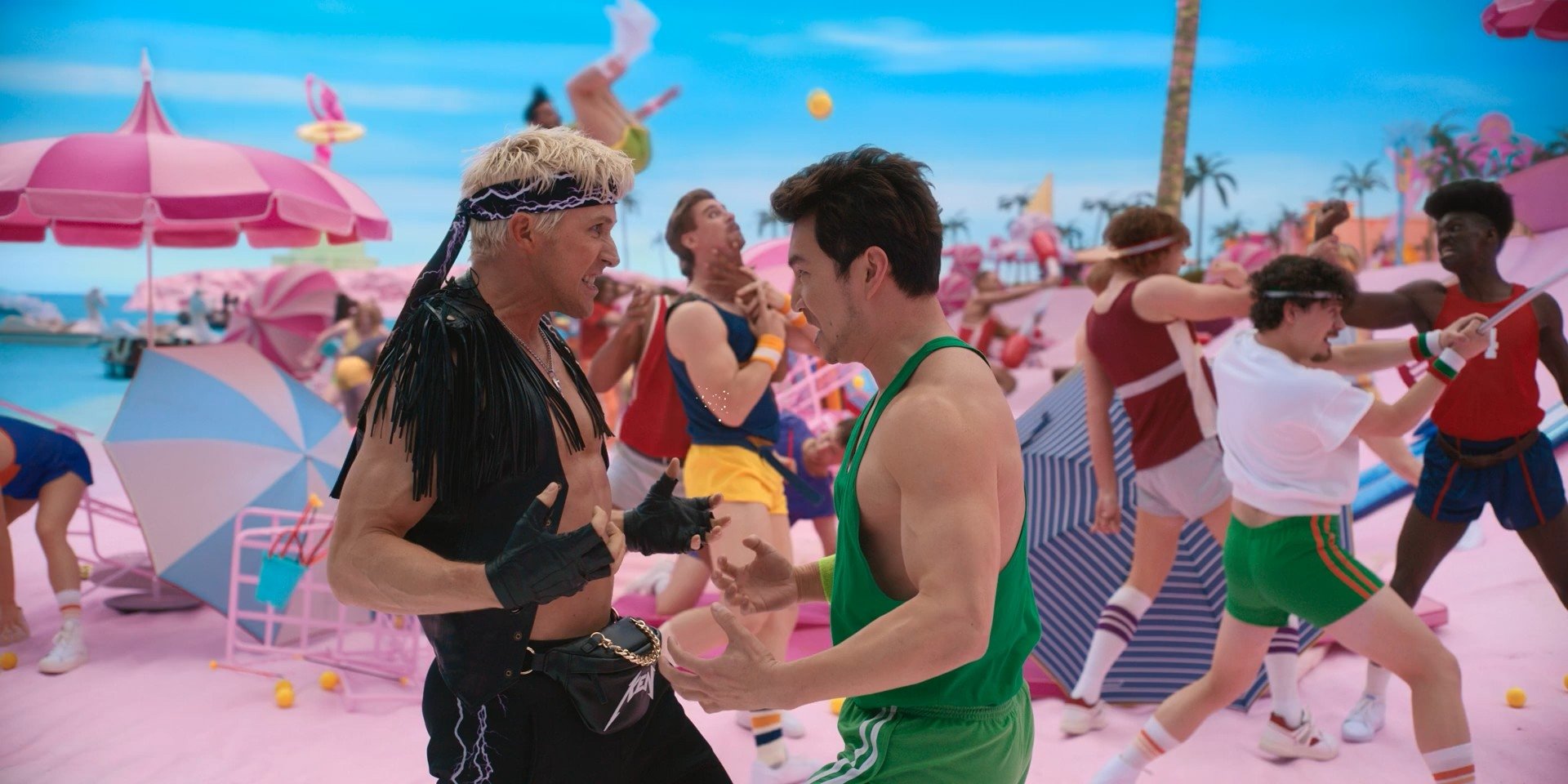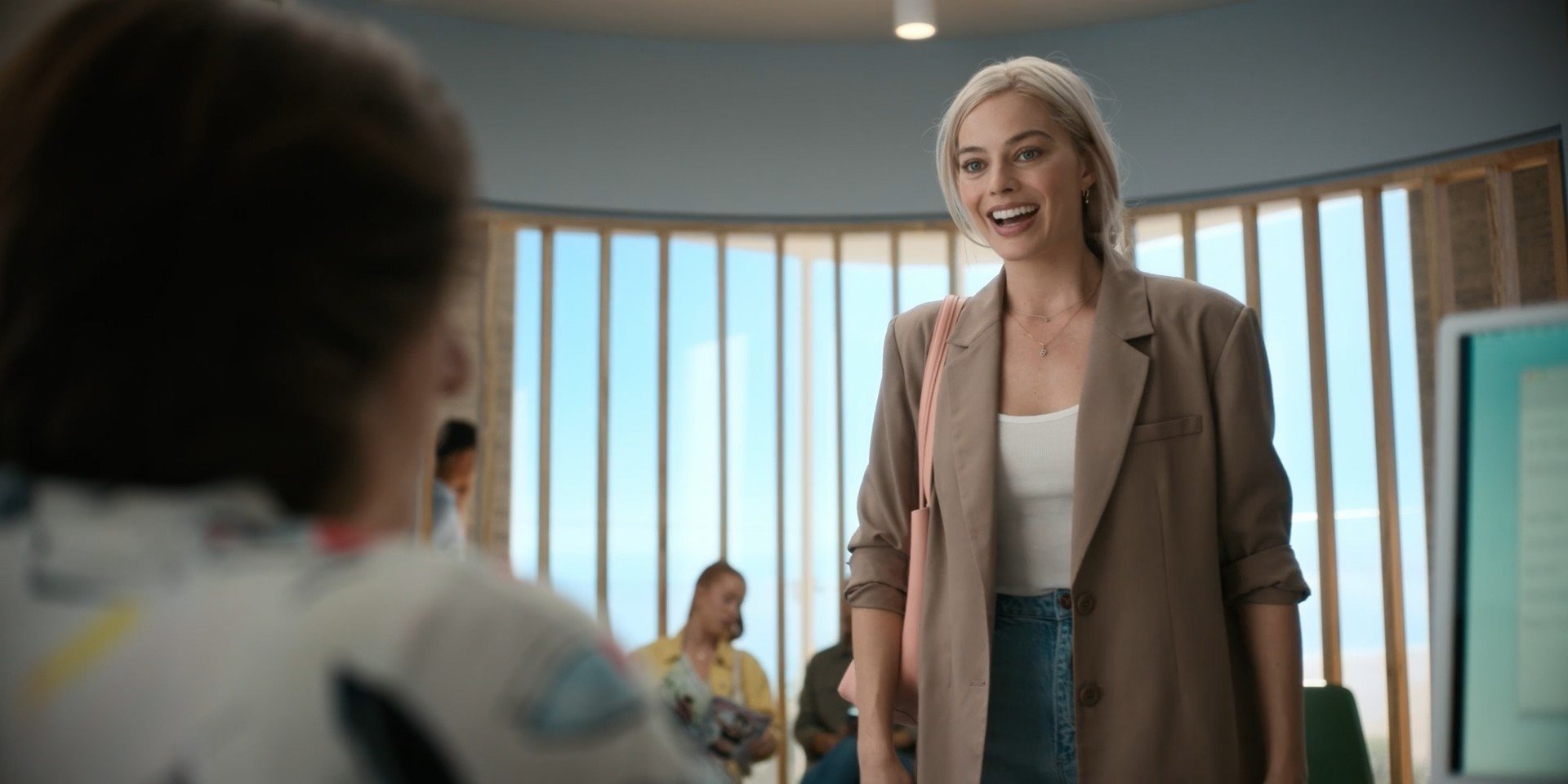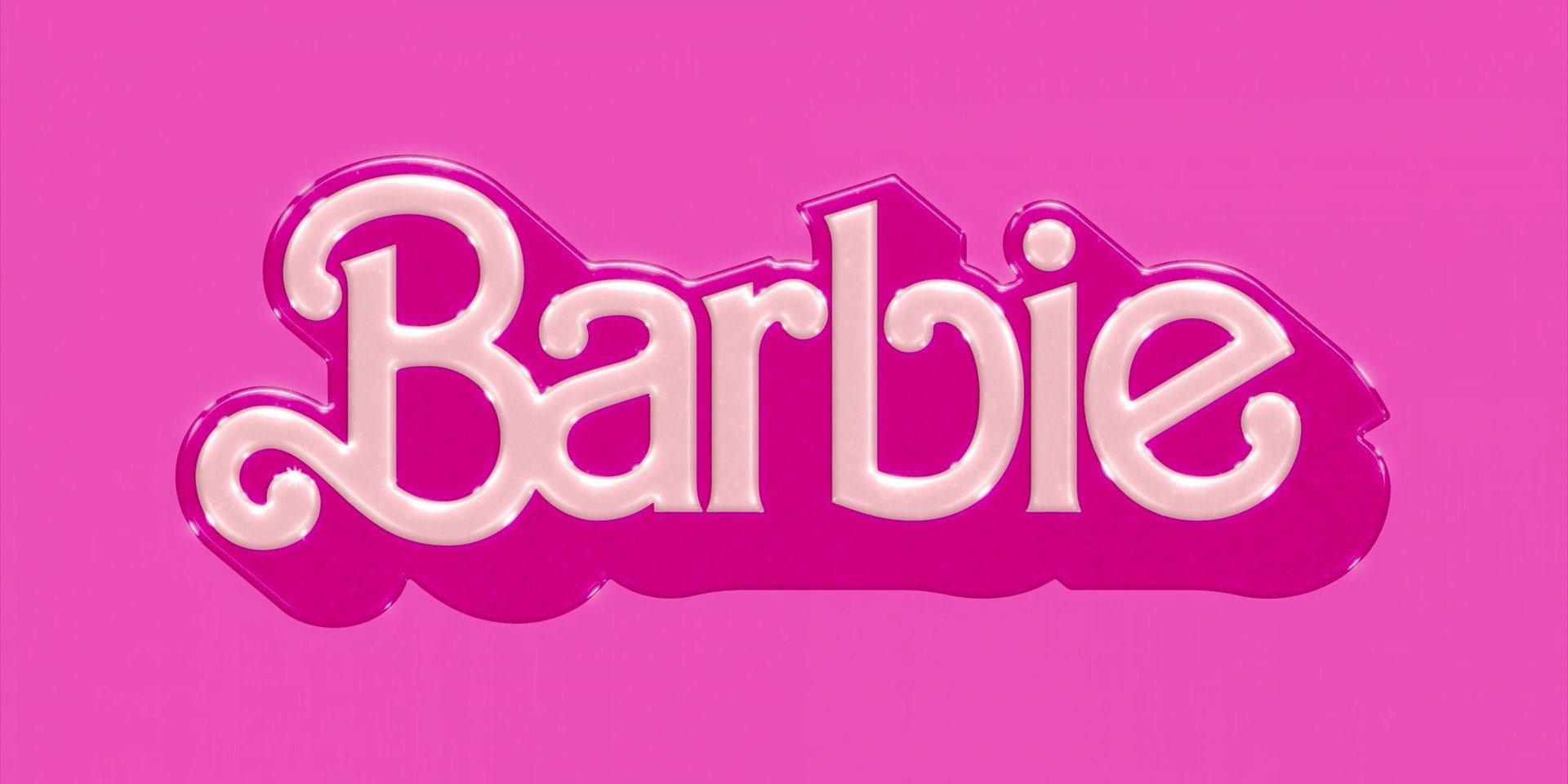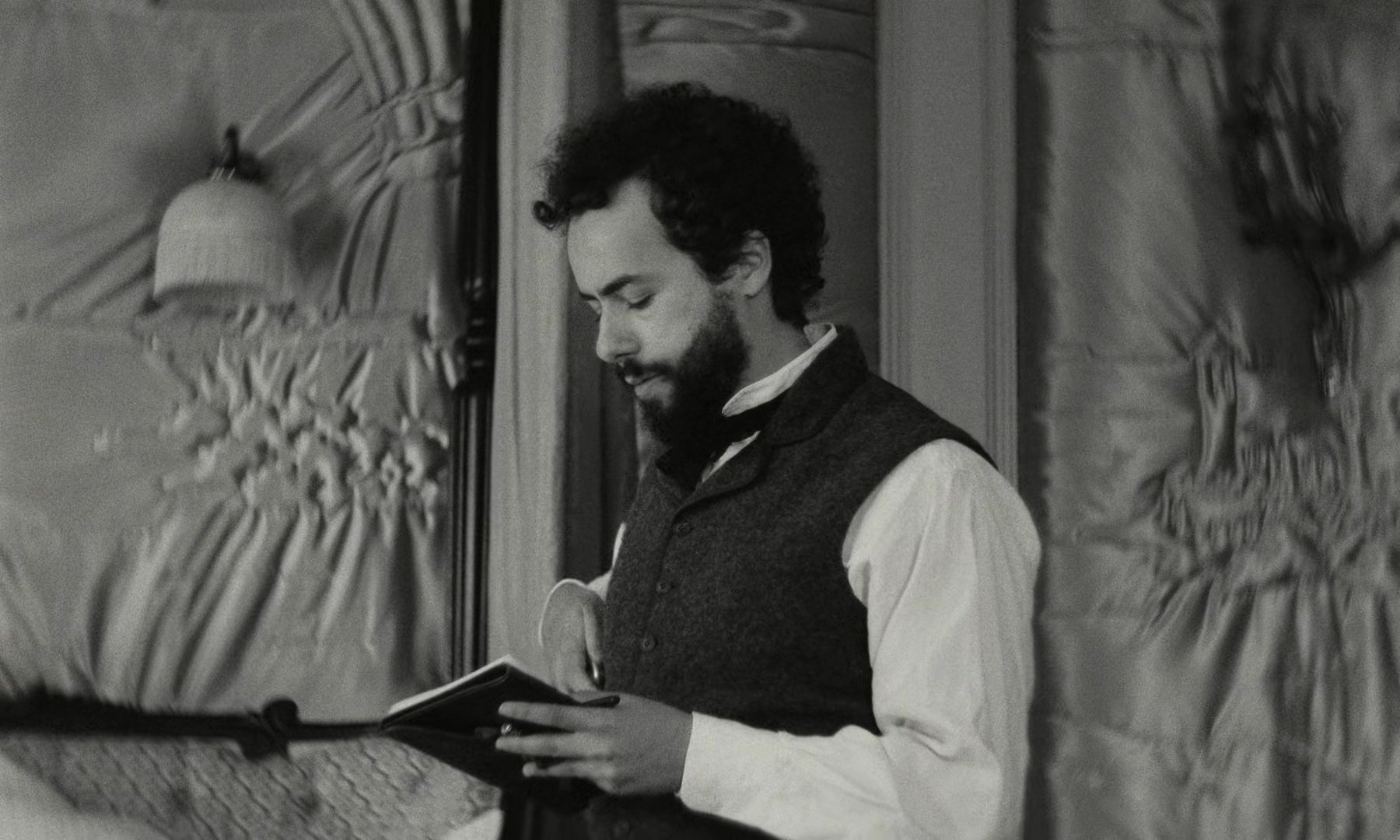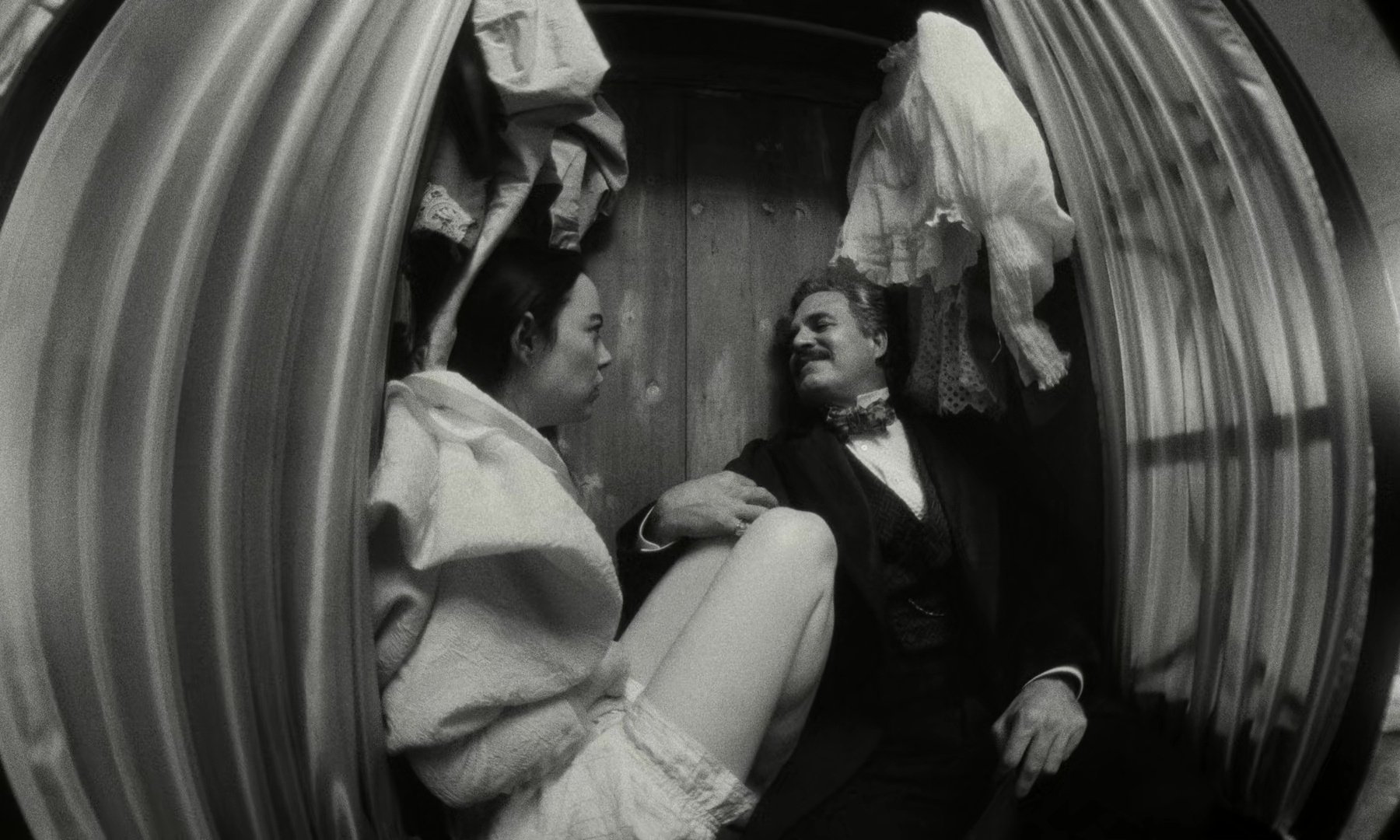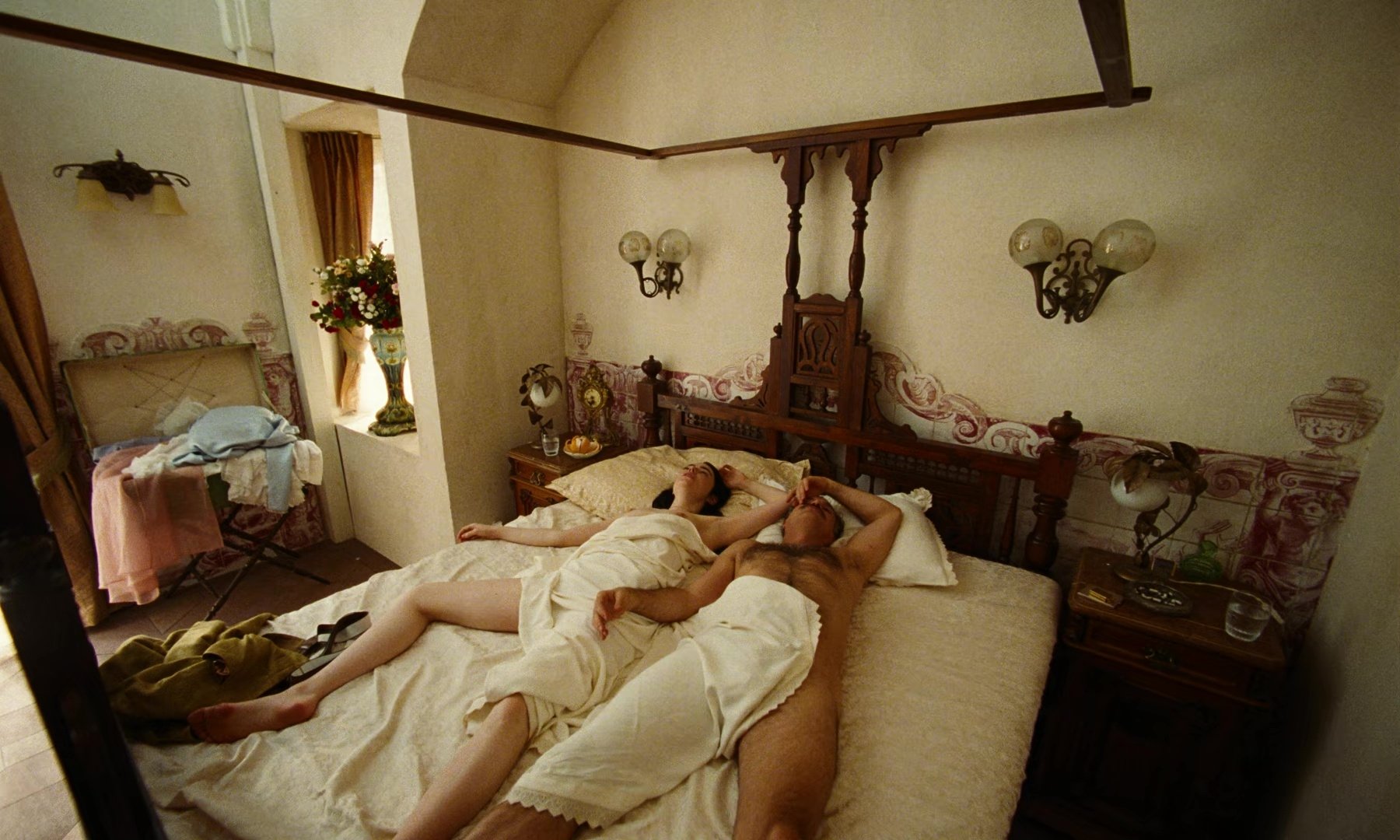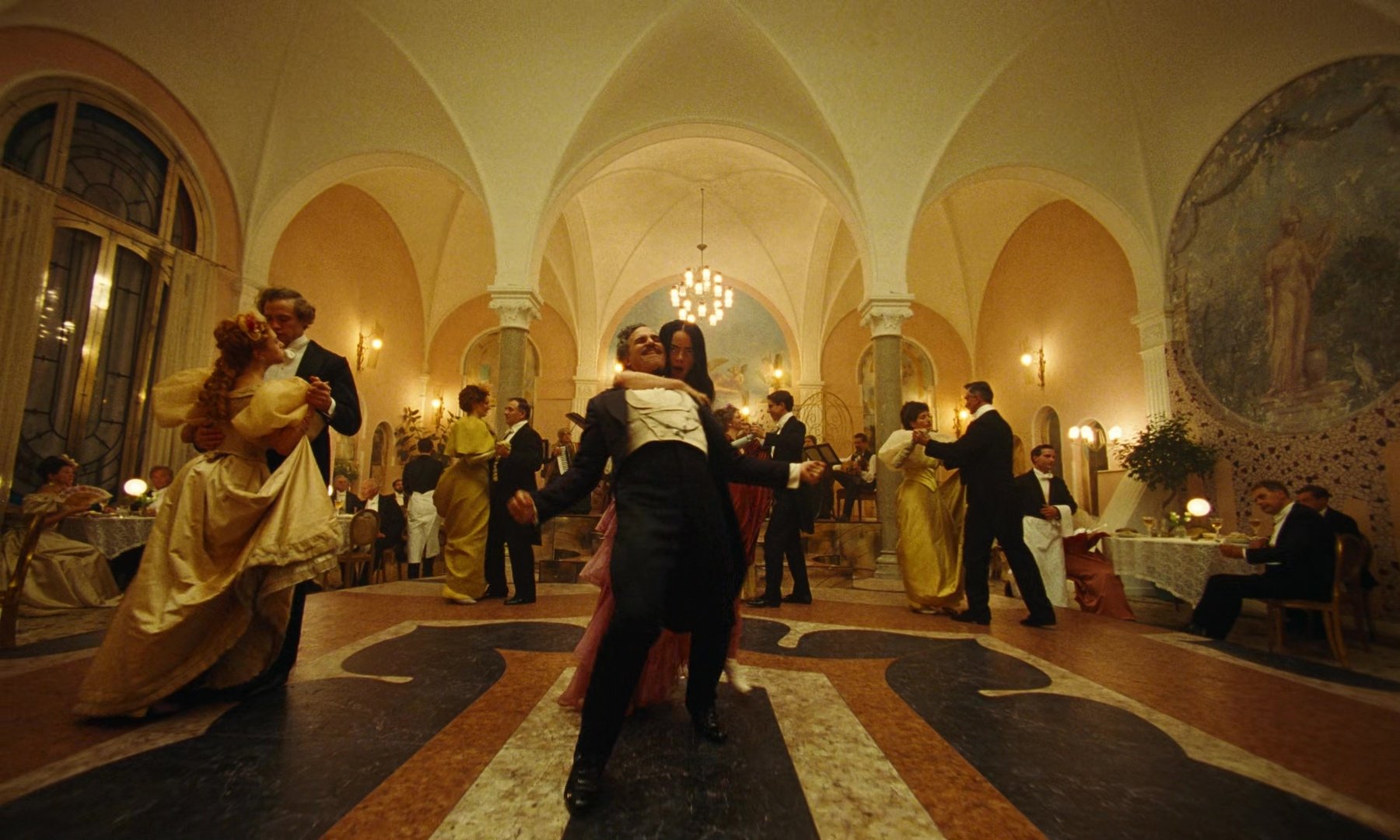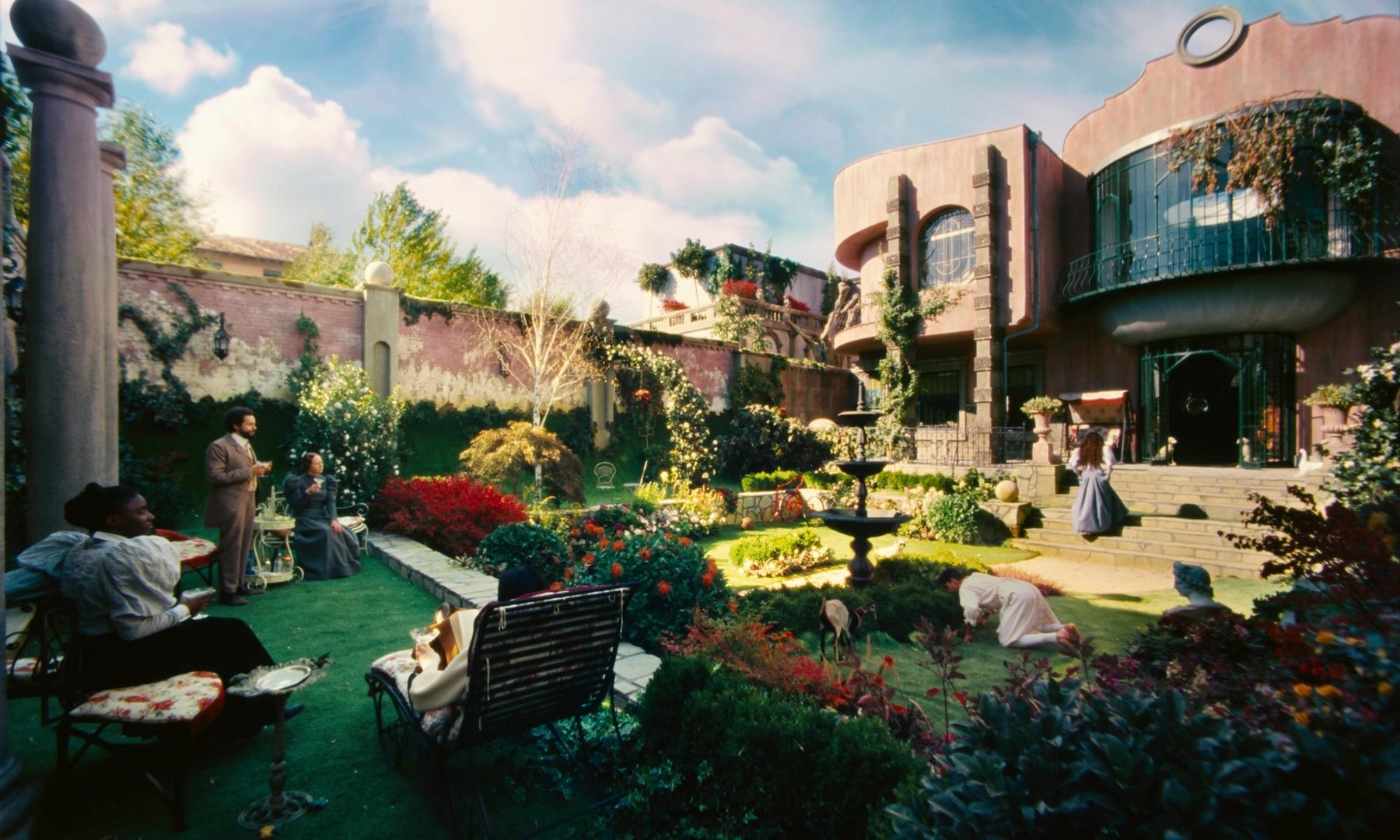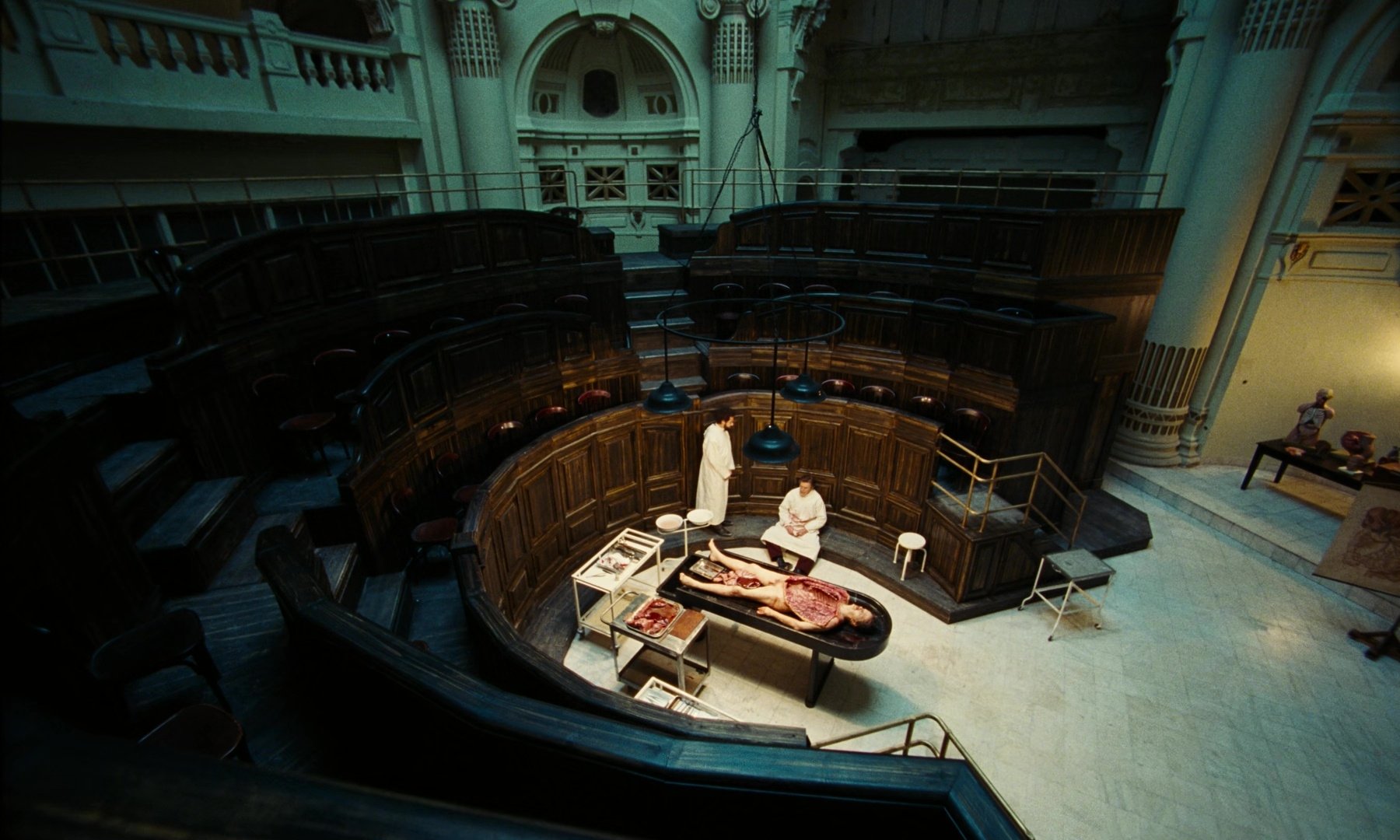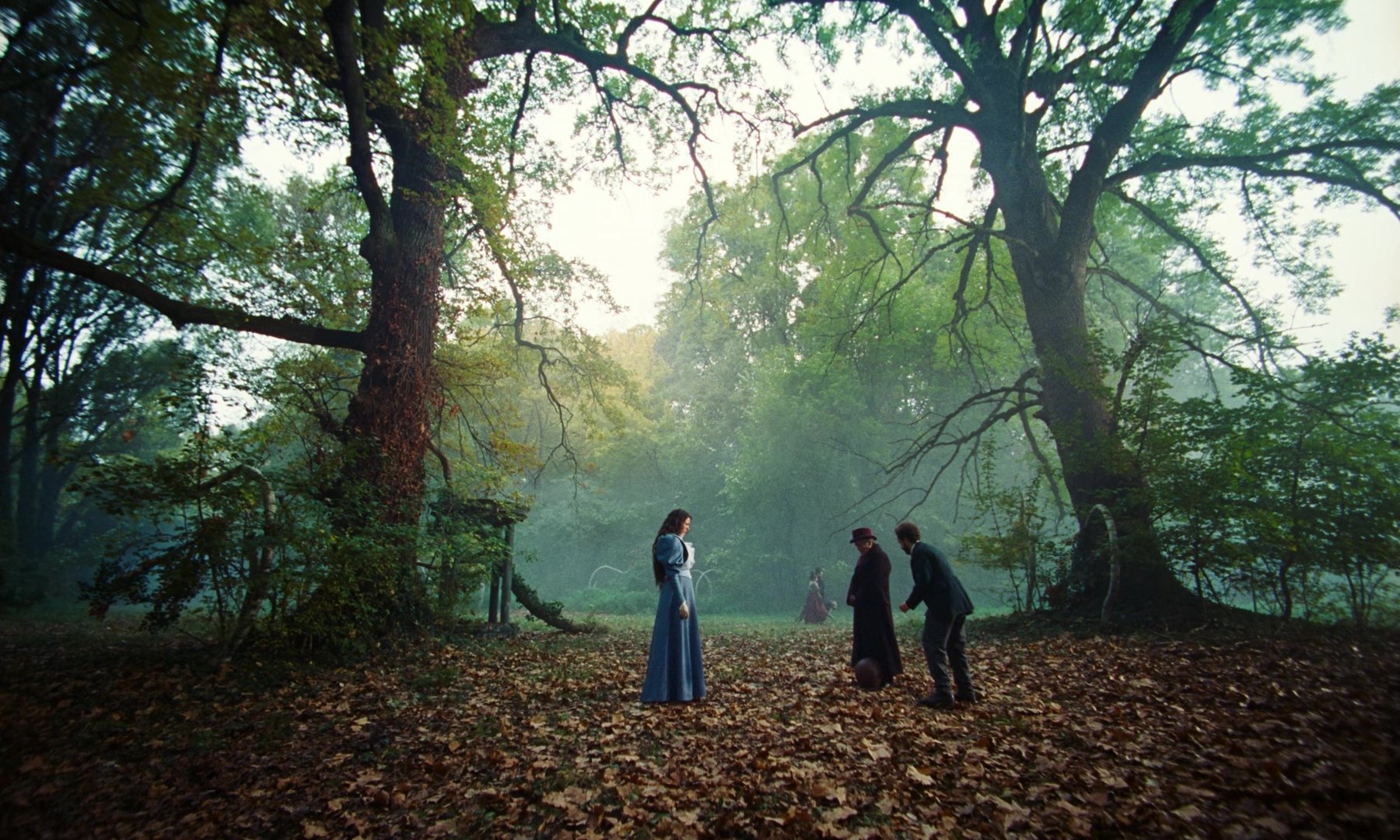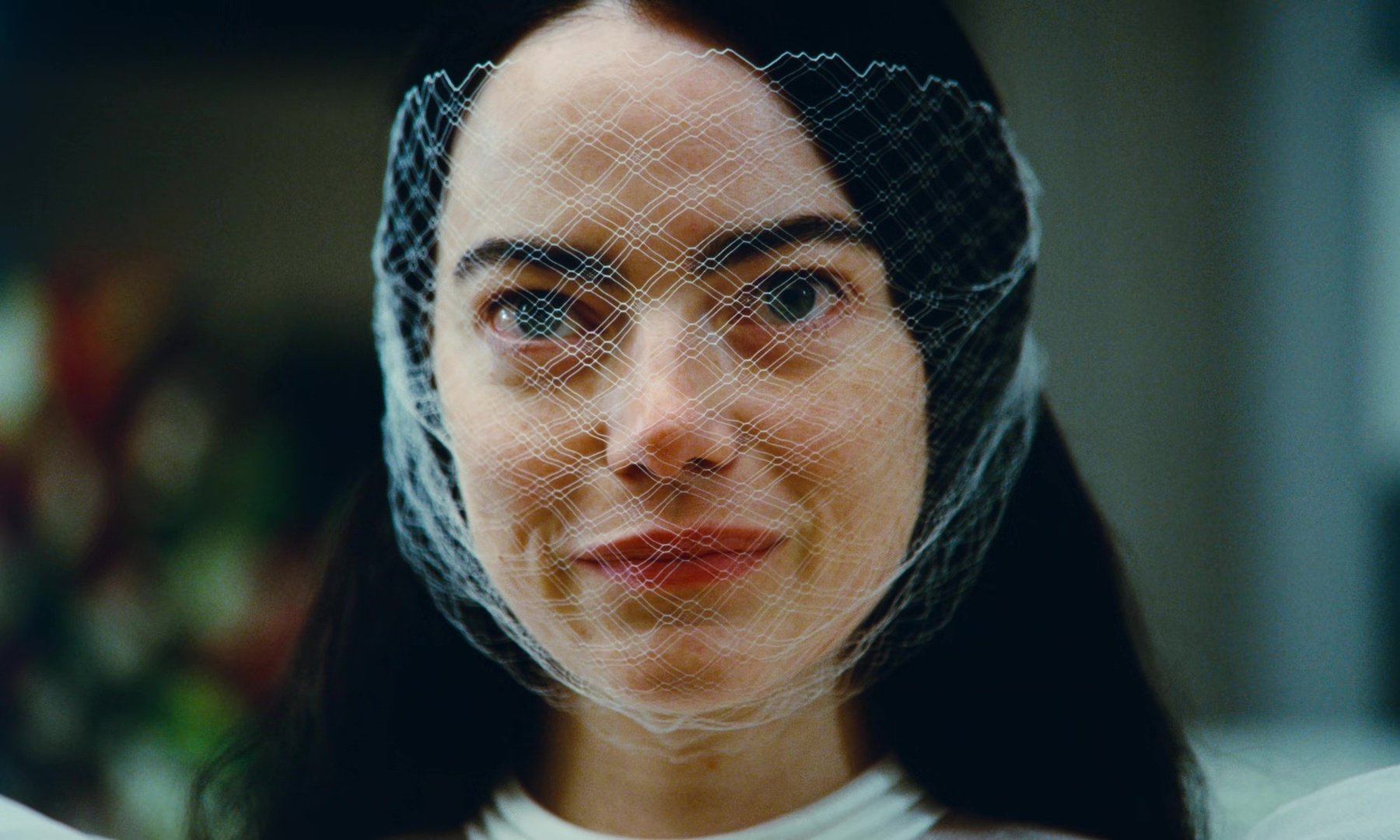Medium-wide: Barbie & Poor Things—A Convergence of Themes
How Two of This Year’s Best Picture Nominees Are Irrevocably Similar (and Why That’s A Problem)
Words by Luccas Hallow
Cinematographer: Rodrigo Prieto
Welcome back to Medium-wide: your (hopefully) favorite semi-regular film column that provokes conversations around film and film culture through a medium-wide approach. Continuing our series of conversations around the films nominated for Best Picture at this year‘s Academy Awards. Today’s conversation is going to be centered around two films that have been a hotbed for conversation since their respective releases but that I feel slightly on the outside looking in on, Yorgos Lanthimos’ Poor Things and Greta Gerwig’s Barbie, two films that I believe are intrinsically tied together by their themes and also both ultimately mired by their execution.
It’s hard to talk about Barbie without mentioning all the things that already feel overwrought and trite. We’ve all spent months talking about the instantly iconic performance of Ken by Ryan Gosling or the truly inspired arts and costume direction. Still, nothing has hammered home more with regard to Barbie than its inspirational demeanor. Hundreds of thousands, if not millions, of people clamored to see Barbie in theaters because it spoke to a plethora of shades of the female experience, which undeniably helped it become one of if not the biggest films in 2023. Obviously, I cannot speak to the film's depiction of the female experience, seeing as I am not a woman. This will go doubly so for our discussion of Poor Things in relation to Barbie and vice versa. Still, even I can say that there is something immediately rousing about both of these films, especially how they approach societal and systemic sexism.
I’m not a stickler for plot, but I find the plotting of both Barbie and Poor Things to be tenuous at best and, in full honesty, the central problem I have with each film. It’s disappointing at the end of the day to see films with such strong convictions be let down by a general lack of interest in breaking out of the conventions of a prototypical hero’s journey. The conversation I want to have surrounding these films has to do with this: a nagging notion that both of these films could have capital G “Great” if they had just been a little bit more willing to eschew formality. Again, I like Barbie and Poor Things, but I certainly don’t feel any particular pull to either of them. They’re about dead even in my estimation, with Poor Things possibly edging out Barbie ever so slightly on a good day.
Barbie is, in practice, one of the best studio comedies made in the last decade. It’s big, colorful, and not without general purpose, as it uses its runtime to go through a whole gamut of hilarious set pieces and gives room for its performers to make big, showy choices with their characters. Ryan Gosling is the obvious stand-out, but Kate McKinnon gets a lot of time to do some fun stuff, as does Margot Robbie. It’s all very fun—and then we get to the larger point it’s trying to make. I have no opposition to making a mainstream, feminist film. I am not a red-pilled misogynist who hates the mere idea of women being able to do anything on their own. The part of Barbie’s greater thesis that I have issue with is that it is relatively and utterly toothless.
At the end of the day, we’re all watching a film based on one of the largest toy brands made by one of the largest Hollywood studios: it’s a product to be bought and sold and dispersed through the population to sell more toys. It’s the best possible version of that, yes. However, that fact leaves me with a sour taste in my mouth, as it renders the grander societal and cultural rhetoric in the film hollow. A lot of the patriarchal dismantling that happens in Barbie or feminine rousing is, flatly, pandering at its most basic level. There really isn't a grand idea or pathology carrying the film for a film that seems to have a lot to say and obviously inspired so much conversation in its wake. Gerwig and co-screenwriter (and husband) Noah Baumbach deal in platitudes, buzzwords, and pop psychology but not in tangible ideology. I’m not complaining that the Barbie movie was not a fifth-wave feminist, anarcho-punk manifesto down to its core. That would never work and it would be even less enjoyable to sit through. What I yearned for, especially as I’ve seen the film a couple more times since that initial theater experience, is a film that is more purposefully conscious of what it is and what its ultimate purpose is. You can adopt talking points and exercise them through a film, but there has to be a motor at the core fueling all of that talk.
Barbie is a lot of talk with nothing to back it up. It follows a very conventional and formulaic approach to its story, using meta-humor and a pop-art aesthetic to excuse its absurdity. However, it never rises above any of that contrivance. It's not entirely unlike the other film we will discuss.
Yorgos Lanthimos is a director that I would say fits very particular pallets of filmgoers; a Tim Burton-esque sense of whimsy sort of demarcates his style with a very dry sense of humor that tends to alienate some people–Lanthimos, however, for my money is one of the most exciting directors, currently working in Hollywood for the mayor fact that everything he does has a certain sense of style and purpose in almost every element of its creation Poor Things is the first film of his where I felt he was grinding his gears a bit. This isn’t to say that Poor Things is bad. However, it feels like the only one of his films that is somewhat derivative or aimless in some parts. My chief criticism of Poor Things is that it hits a certain point in its narrative and doesn’t particularly progress past it for a large chunk of the film's middle section. Once Bella (Emma Stone) gets onto a cruise ship with her somewhat captor, somewhat lover (Mark Ruffalo), once these two characters are expelled from the ship and abandoned in Paris, there is an entire 45-minute stretch of the film that feels like the film is running itself ragged. There’s a lot to be said about the film's approach to sexuality and sex work, but I’m not certain that the film really has a conclusion for you to draw at the end of all of its proclivity. This is where Barbie and Poor Things come in conversation with one another, because I find both of them to be a water down and a little one note.
Both films ultimately barrel toward a point that doesn’t feel like much has been said. In the past, I’ve made it clear that the actual central plot of a film is not that important to me, but the feelings evoked in response to a plot can be very powerful and there are moments in both Poor Things and Barbie that made me tear up that felt heavily emotive that among my favorite scenes of 2023, but at the end of the day, I didn’t feel much one way or the other once the credits had rolled.
And again, I think both films are relatively good. Emma Stone puts in a powerhouse performance as Bella Baxter as well as Mark Ruffalo as Duncan Wedderburn. And Ryan Gosling and Margot Robbie are undeniable in Barbie. Both films feature fantastic art direction, costume design, and really fun music, in the case of Barbie, and a genuinely off-kilter but highly enjoyable score with Poor Things. I like Gerwig's pop sensibilities, just as much as I like Lanthimos’ surreal darkly, comedic sensibilities, but the similarities between these two films and my reservations for one mirror the other, and the fact that both of these films were among the most critically lauded of last year has definitely colored how I think about both of them which is ultimately the reason I wanted to put together my thoughts in some way here.
The Oscars are not an institution that often gets things right; they tend to celebrate the wrong types of films or resign themselves to feats of mediocrity in moments where triumph seems almost inevitable and easy (I’m thinking specifically of the 2021 Oscar ceremony where in they decided to end the ceremony with the Best Actor award thinking that it would go to Chadwick Boseman, but the Academy instead awarded Anthony Hopkins). Regardless, recognizing films like Poor Things or Barbie is a net good, even if I have substantial reservations about the films themselves. The presence of these two films at the ceremony will help encapsulate the type of films seeing success in 2023 more fully and bring a little more verve to what can be a stale show at its worst moments.
That’s all for now here on Medium-wide. Our series of conversations about this year's Best Picture nominees will continue in the coming weeks. Upcoming: Bradley Cooper’s Maestro. The conversation after that will center around two of the more topical films in the Best Picture slate: Cord Jefferson’s American Fiction and Jonathan Glazer’s The Zone of Interest.
Let me know what you think of the movies we’ve been talking about so far. Cheers.

